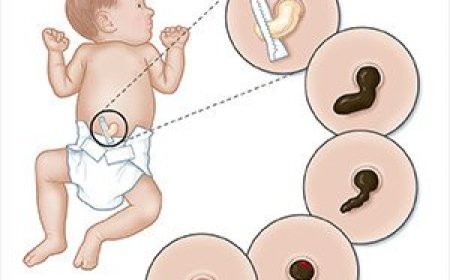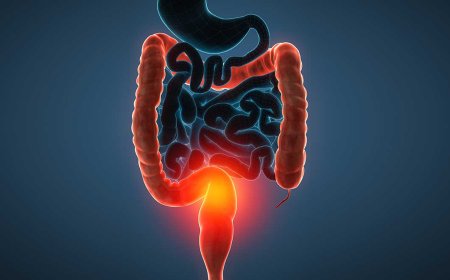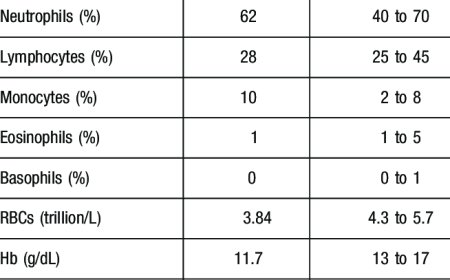Binge Eating Disorder

Introduction:
Binge Eating Disorder (BED) is a serious condition that affects many people around the world, including India. It is essential to spread awareness about this disorder to ensure early diagnosis and timely intervention. In this article, we will explore what Binge Eating Disorder is, its signs and symptoms, causes and triggers, risk factors, types, diagnostic tests, treatments, and prevention techniques, all explained in simple language so that even 10-year-old children can easily understand.
Signs and Symptoms:
Binge Eating Disorder involves episodes of excessive overeating, where a person consumes large amounts of food in a short time, even when not hungry. Some common signs and symptoms of BED include eating unusually large portions of food, feeling a loss of control during eating episodes, eating rapidly, eating alone due to embarrassment, and feeling guilty or ashamed afterward.
What is Binge Eating Disorder?
Binge Eating Disorder (BED) is a mental health condition characterized by recurring episodes of excessive eating, without purging or compensatory behaviors like those seen in bulimia nervosa. BED is more than just occasional overeating; it becomes a pattern and can lead to serious health problems if not addressed.
How is Binge Eating Disorder Classified?
Binge Eating Disorder falls under the category of eating disorders in the Diagnostic and Statistical Manual of Mental Disorders (DSM-5). To be diagnosed with BED, a person must experience binge eating episodes at least once a week for three months, along with other specified criteria.
Causes and Triggers:
The exact causes of Binge Eating Disorder are not fully understood, but a combination of factors can contribute to its development. Emotional issues, such as stress, anxiety, or depression, can trigger binge eating. In India, cultural factors and societal pressures to conform to certain body ideals can also play a role.
Risk Factors with Examples:
Several risk factors may increase the likelihood of developing BED. For example:
- Family History: If a person has close family members with eating disorders, they may be more susceptible to BED.
- Dieting: Strict dieting or restrictive eating can lead to a loss of control around food, eventually leading to binge eating episodes.
- Low Self-Esteem: People with low self-esteem may turn to food as a coping mechanism, leading to binge eating.
Types of Binge Eating Disorder:
While BED itself is a specific diagnosis, its severity can vary, leading to different types:
- Mild BED: In this type, a person may experience a few binge eating episodes per week.
- Moderate BED: Here, the frequency of binge eating episodes increases to several times a week.
- Severe BED: This type involves frequent and intense binge eating episodes, occurring almost daily.
Diagnostic Tests and Treatments:
A mental health professional, such as a psychiatrist or psychologist, can diagnose Binge Eating Disorder through various assessments. Some common diagnostic tools include:
-
Clinical Interviews: The professional will talk to the individual about their eating habits, emotions, and overall mental health.
-
Eating Behavior Questionnaires: These questionnaires help assess the frequency and severity of binge eating episodes.
-
Psychological Evaluation: This involves examining the person's emotional well-being and identifying any underlying mental health issues.
Treatments:
The good news is that Binge Eating Disorder is treatable. The two primary approaches are psychotherapy and medication.
-
Psychotherapy: Cognitive-Behavioral Therapy (CBT) is commonly used to treat BED. It helps individuals understand and change their unhealthy eating behaviors and develop coping strategies for emotional challenges.
-
Medication: In some cases, doctors may prescribe medications that can help control the urge to binge eat.
Complications of Binge Eating Disorder:
If left untreated, BED can lead to various health problems, such as obesity, diabetes, heart disease, and mental health issues like depression and anxiety.
Prevention Techniques:
While not all cases of BED can be prevented, there are some steps individuals can take to reduce the risk:
- Developing Healthy Eating Habits: Eat regular, balanced meals and avoid skipping meals.
- Seeking Support: Reach out to friends, family, or a counselor if you feel overwhelmed.
- Avoid Dieting: Instead, focus on maintaining a healthy lifestyle.
Binge Eating Disorder is a serious condition that affects many people in India and worldwide. Understanding its signs, symptoms, causes, and treatments is crucial for early diagnosis and intervention. By spreading awareness about BED, we can create a supportive environment where individuals feel comfortable seeking help and lead healthier, happier lives.
What's Your Reaction?
 Like
0
Like
0
 Dislike
0
Dislike
0
 Love
0
Love
0
 Funny
0
Funny
0
 Angry
0
Angry
0
 Sad
0
Sad
0
 Wow
0
Wow
0









































































